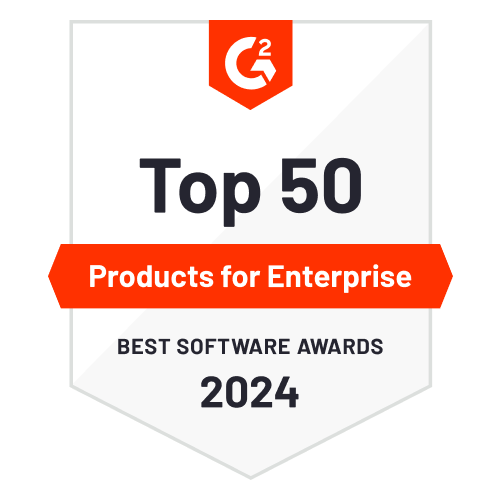B2C
B2C is short for business to consumer. It refers to the selling of products and services by a business directly to the end consumer. The idea of B2C was first leveraged by Michael Aldrich in 1979, who used television as the primary medium to reach out to his consumers.
For example, amazon.com provides an online retail platform to directly sell products to the end consumers.
Businesses that rely on B2C models must maintain good relations with their customers to ensure their return. Unlike business-to-business (B2B), whose marketing campaigns are focused on demonstrating the value of a product or service. Businesses that rely on B2C must evoke an emotional response to their marketing in their customers.
Types of B2C business models:
- Direct Sellers – This is the most common type of B2C business model where consumers buy products directly from the business run stores or online retailers.
- Online Intermediaries – In this model, a business acts as a liaison between the product/service provider and the end consumer.
- Advertising Based – In this model the business leverages high volumes of online traffic to attract visitors and sell advertising which, in turn, sells products or services to the consumer.
- Community-Based – In this model, the business uses online communities that are built around shared interests to help advertisers market their products or services directly to the community members.
- Fee-Based – In this model the business charges a subscription fee for access to their product or service. They typically offer a limited amount of content for free for the initial period but charge for the entire subscription.













